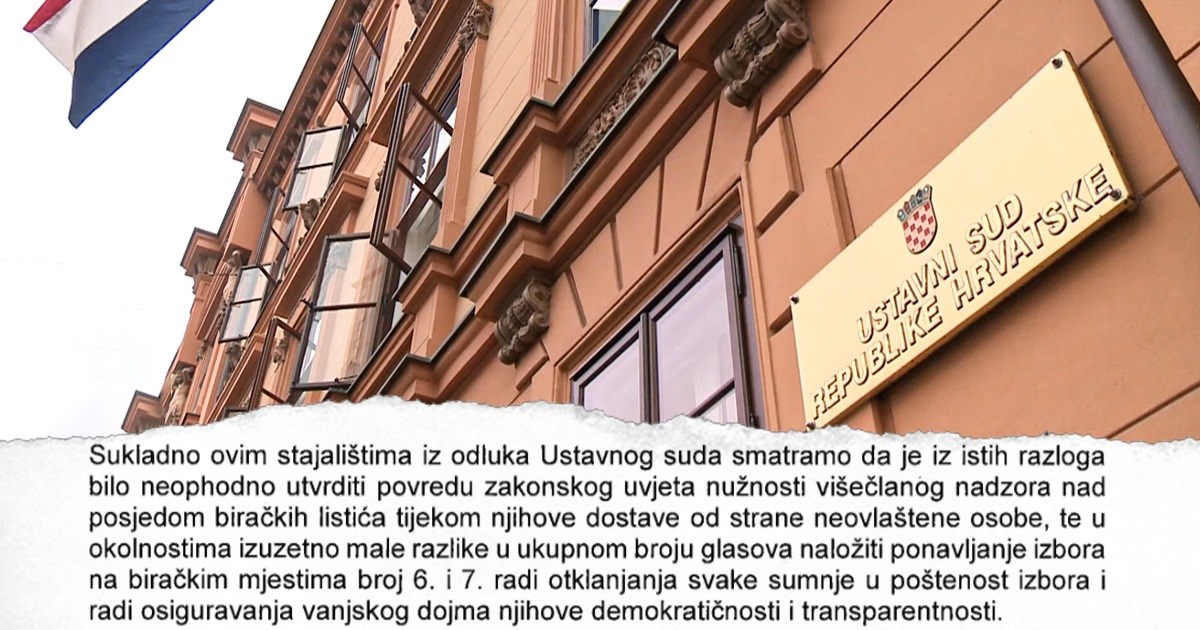The Constitutional Court of Croatia ruled to reject the appeal of SDP candidate Nika Silić Maroević regarding the mayoral elections in Korčula, thereby confirming the victory of HDZ candidate Fran Jeričević by a margin of only four votes. Although certain procedural irregularities were identified during the election process, the court found no evidence of manipulation of ballots. However, six constitutional judges issued a dissenting opinion emphasizing that due to the extremely narrow margin, a repeat election at certain polling stations should have been ordered to ensure transparency and democratic integrity. Controversy centered around the procedures for ballot inspection, where members of electoral boards and party representatives had differing levels of oversight, raising doubts about the election’s fairness. This decision sparked debate about the integrity of the electoral process and the role of the Constitutional Court in its oversight.
Political Perspectives:
Left: Left-leaning outlets emphasize the irregularities and procedural flaws in the election process, highlighting the dissenting opinion of six constitutional judges who argue that the election should have been repeated due to the narrow margin and lack of transparency. They focus on the potential disenfranchisement of the SDP candidate and question the fairness of the ruling, framing it as a failure to uphold democratic standards.
Center: Center-leaning sources report the facts of the court decision, acknowledging the close vote and procedural issues but also noting the court’s finding of no concrete evidence of ballot manipulation. They present both the majority decision and the dissenting opinion, emphasizing the legal reasoning and the importance of maintaining electoral integrity while respecting judicial processes.
Right: Right-leaning media stress the confirmation of the HDZ candidate’s victory and the court’s rejection of the appeal, portraying the decision as a validation of the electoral process. They downplay the dissenting opinion and procedural complaints, framing the ruling as a defense against unfounded allegations and emphasizing the importance of finality and stability in election outcomes.







































